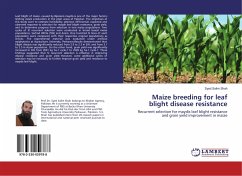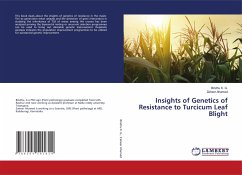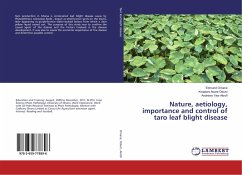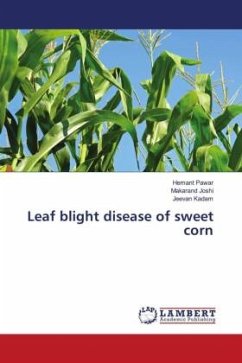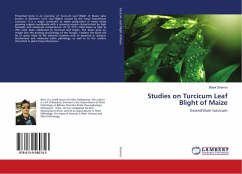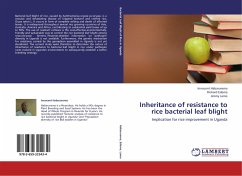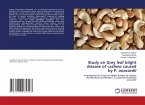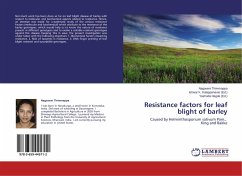Leaf blight of maize, caused by Bipolaris maydis is one of the major factors limiting maize production in the plain areas of Pakistan. The objectives of this study were to estimate heritability, selection differential, expected and observed response to selection for maydis leaf blight resistance, grain yield, and to determine progress from selection in two maize populations. Two cycles of SI recurrent selection were conducted in broad based maize populations, Sarhad White (SW) and Azam. One hundred SI lines of each population were compared with their respective original populations as checks. The experimental material was evaluated under artificial epiphytotics at Agriculture University, Peshawar.Results demonstrated that blight disease was significantly reduced from 2.9 to 2.3 in SW, and from 3.1 to 2.5 in Azam population. On the other hand, grain yield was significantly increased in SW from 2041 kg ha-1 cycle-1 to 2528 kg ha-1 cycle-1. These findings suggested that SI recurrentselection is effective in improving disease resistance and grain yield. However, some additional cycles of selection may be necessary to further improve grain yield and resistance to maydis leaf blight.
Bitte wählen Sie Ihr Anliegen aus.
Rechnungen
Retourenschein anfordern
Bestellstatus
Storno

